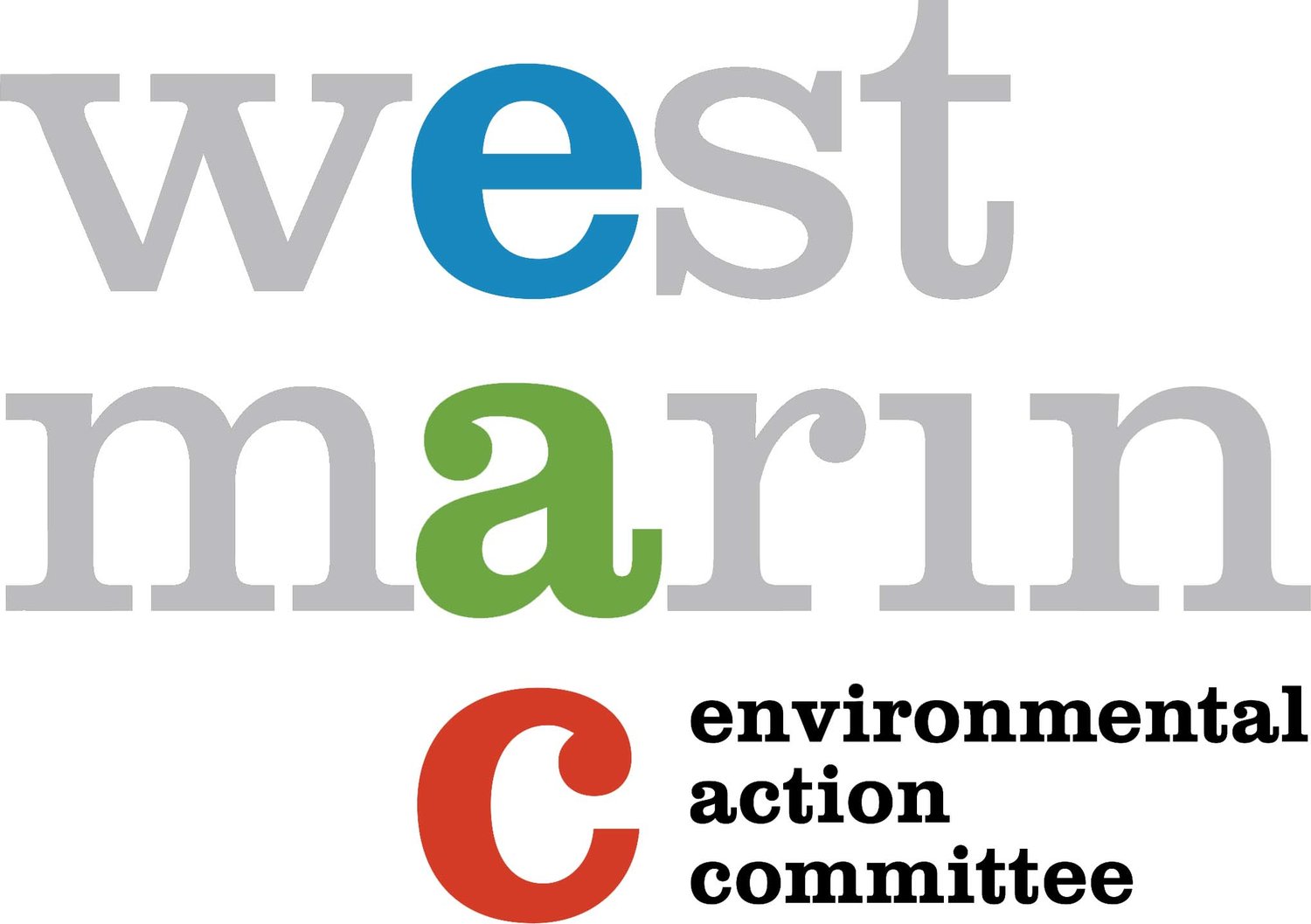Safeguard Coast & Oceans
Our oceans are being degraded by human activities that harm marine life, undermine coastal communities and negatively affect human health.
Oceans account for Oceans account for 70 percent of the Earth’s surface and play a pivotal role in the health of our planet.
why the ocean is important
Oceans are the largest carbon sink on earth. They contain twelve times more carbon than land, and forty-five times more than the atmosphere. [1]
Oceans are home to millions of Earth’s plants and species, from small single-celled organisms to the gigantic blue whale, the world's largest living animal. [1]
More than half the planet’s oxygen comes from the ocean. Not the entire ocean—just the top 200 meters (656 feet) or so. That’s about as far as sunlight can travel through water to power photosynthesis. In this photic zone we find all kinds of photosynthetic organisms. Prochlorococcus bacteria are so small about 20,000 of them fit in a single drop of seawater. They live in a wide swath of the world’s oceans. There are somewhere around 3 billion billion billion Prochlorococcus cells in all. Together, they produce 5 to 10 percent of the oxygen we breathe. [2]
HOW CLIMATE CHANGE IS HARMING THE OCEAN
The ocean is absorbing most of the excess heat from greenhouse gas emissions, leading to rising ocean temperatures and the increased temperatures are harmful to marine species and ecosystems. Causing the loss of breeding grounds for fish, marine mammals, and coral bleaching. [3]
The ocean is absorbing around 1/4 of the world's annual carbon dioxide emissions, alleviating some of the impacts in the short-term. However, all the absorbed carbon dioxide emissions are altering the carbonate system and increasing the acidity of the ocean. Ocean acidification threatens organisms and ecosystem services, endangers fisheries and aquaculture, and affects coastal protection by weakening coral reefs. [4]
WHAT WE CAN DO TO PROTECT THE OCEAN
Stop burning fossil fuels and putting excess greenhouse gasses into the atmosphere.
Get involved with organizations, like EAC, that are working to protect the ocean and coastal areas working to protect the coast and ocean near you.
Vote for political leaders who value the ocean in all areas of the United States.
Support the creation and expansion of Marine Protected Areas (MPAs). MPAs are geographic areas along the coast and offshore areas that protect species and habitats from consumptive activities (like fishing). Current research is finding that marine life is more abundant and larger inside marine protected areas [5]. MPAs that include coastal ecosystems can help protect and restore blue carbon ecosystems. In fact, these habitats capture and store carbon within the plants themselves and in the sediment below them. For example, seagrass beds sequester approximately 10 percent of the carbon buried in ocean sediment annually, and mangroves sequester twice as much carbon per acre than tropical forests. [1]
References:
Regeneration, Nexus, Marine Protected Areas, www.regeneration.org/nexus/marine-protected-areasWoods Hole Oceanographic Institute, Does the Ocean Produce Oxygen? www.whoi.edu/know-your-ocean/did-you-know/does-the-ocean-produce-oxygenInternational Union for Conservation of Nature (IUCN), Ocean warming, www.iucn.org/resources/issues-brief/ocean-warmingUnited Nations Environment Programme, Goal 14 Life Below Water, https://www.un.org/sustainabledevelopment/oceans/California MPAs, www.californiampas.org/about-mpas





